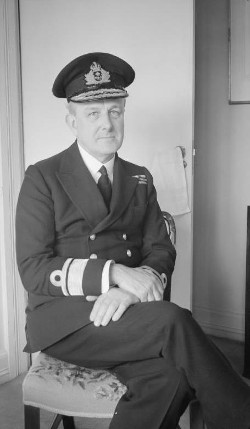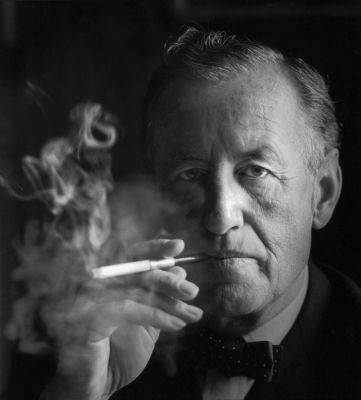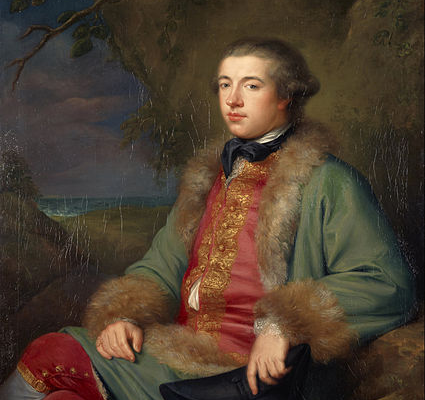In 1951 G.V. Carey published a 15-page booklet called “Making an Index,” intended to guide new authors in preparing indexes for their books. When it was published, a friendly reviewer in the Times Literary Supplement suggested jokingly that the booklet might have benefited from an index of its own, in which Carey could have given “a full-dress demonstration of his principles.”
So, charmingly, Carey made one: In the second edition he added a 3-page index to his 15-page book, writing, “The reviewer, though he may have had his tongue in his cheek, has put the author on his mettle and tempted him, at the opportunity afforded by a new impression, to take up the challenge.” Admittedly, this required some stretching, particularly as he wanted to include every letter of the alphabet. Some sample entries:
Anybody, mere page-numbers not of the slightest use to, 7
Bibliographer, seventeenth-century, 3
Cherry, twice bitten, once shy. See Cross-references
Common sense, use your, 9, 15, and pass.
Earl of Beaconsfield, 11
Eye in, getting your, 5
Fiction, non-, 3
Haystack, looking for needle in, 4
Jehu (son of Nimshi), 12-13
John, St, 10
Life of Abraham Lincoln, 6
Lincoln, Abraham, Life of, 6
Omniscient, indexers not always, 4
Perfection, counsel of, 3
Sense, common. See Common sense
Suez Crisis, 14
What not to do. See Anybody, Earl of Beaconsfield, von Kluck, etc., etc.
York, New, missing, 10
Yourself in the users’ place, put, 6-7, 12
Zealand, New, 10
One thicket of cross-references never finds its way back to the text:
Chase, wild goose, See Von Kluck
Goose chase, wild. See Kluck, von
Kluck, von. See Von Kluck
Von Kluck. See Kluck, von
Wild goose chase. See Kluck, von
And evidently he hates the word alphabetisation:
Order, alphabetical. See Horrid word
Horrid word. See Alphabetisation
Alphabetisation, 9-10
But “It remains only to affirm that the author has made a serious attempt to demonstrate, even in this not very serious index, some at least of the principles set forth in the preceding pages.”





